“Hypertension is one of the most common chronic diseases in the human population, affecting more than 1 billion people worldwide. Its complications, including stroke, heart failure and kidney disease, are major sources of morbidity and mortality.”(1)
Put simply, high blood pressure can, and does, kill.
Stroke is the 4th leading cause of death in the U.S. and one of the main causes of long-term disability. A stroke happens when a blood clot blocks vessels in the brain, resulting in death or neurological impairments depending on how long the brain is deprived of oxygen.
There are many different theories on why some people more prone to developing high blood pressure – from too much salt intake to genetic factors.
One potential cause of hypertension is tied to the nervous system, which regulates the function of our internal organs. It is also responsible for the fight-or-flight stress response when we are startled or experience a threat.
Coffman’s research has found that “the sympathetic nervous system exerts an over-riding impact on control of blood pressure.”(1)
When we see our friends or relatives get angry or upset to the point of their face turning red, or showing signs of shaky hands or breathlessness, chances are their blood pressure is too high.
Many of us have jokingly warned others or been told ourselves: “Calm down, you’re going to give yourself a heart attack or stroke.” But there is nothing funny about a stroke, and being too stressed on a regular basis is a sure way to bring on hypertension.
There are hundreds of studies that support the American Heart Association’s “Simple 7” lifestyle changes to improve heart health - including exercise, diet and controlling blood pressure.
“Breaking the bad habits and adopting a healthy lifestyle is useful, such as quitting smoking, reducing alcohol consumption and increasing physical activity, which will all have beneficial effects on hypertension, diabetes, obesity and reduce the risk of ischemic stroke.”(3)
When exercise, a healthy diet and lifestyle are not enough to lower high blood pressure, other treatments may need to be considered. Studies have shown that “lowering blood pressure with drugs may achieve effective primary stroke prevention.”(2)
If possible, controlling your blood pressure without medication (before a stroke or heart attack) is the healthiest option for long term cardiovascular health.
If you currently smoke, quit.
Eat healthy, make time to exercise and RELAX.
In the fast paced world we live in, one of the most important things you can do to keep your blood pressure down is to reduce the amount of unnecessary stress in your life.
Take up golf, yoga, meditation, dancing, gardening, crafting, or any healthy hobby that helps you unwind.
Source: (1)Coffman, T. (2011). Under pressure: the search for the essential mechanisms of hypertension. Nature Medicine, 17(11), 1402-1409. doi:10.1038/nm.2541
(2)Rossignol, P. P., Chedid, A. A., Bura-Rivière, A. A., & Plouin, P. F. (2006). High Blood Pressure and the Risk of Stroke. Immunology, Endocrine & Metabolic Agents - Medicinal Chemistry, 6(4), 385-394.
(3) Turanjanin, N., Jovicevic, M., Brkic, S., Slankamenac, P., Divjak, I., & Bozic, K. (2011). Prevalence of risk factors in ischemic stroke patients. Healthmed, 5(5), 1273-1280.

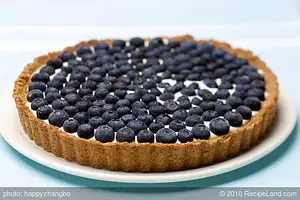

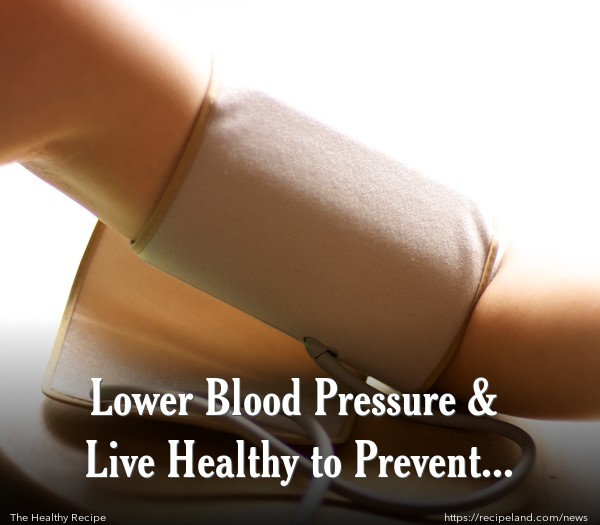
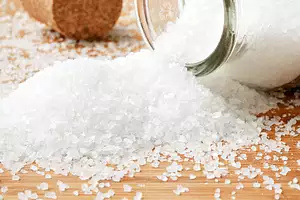

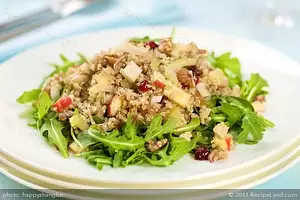

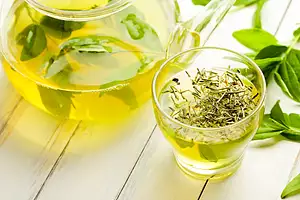

Comments